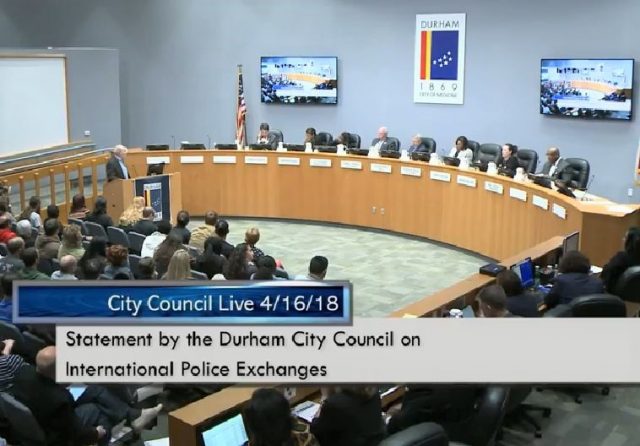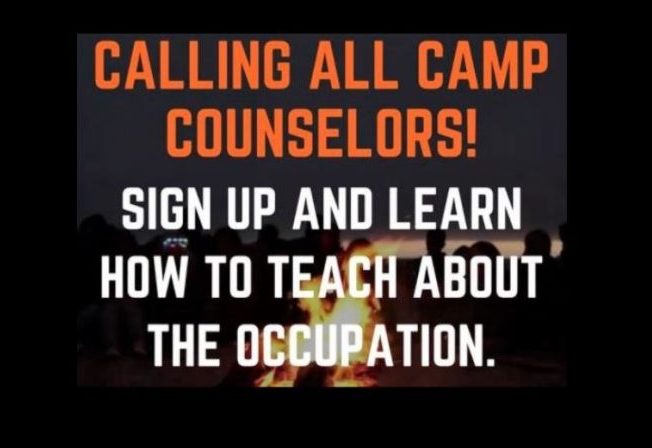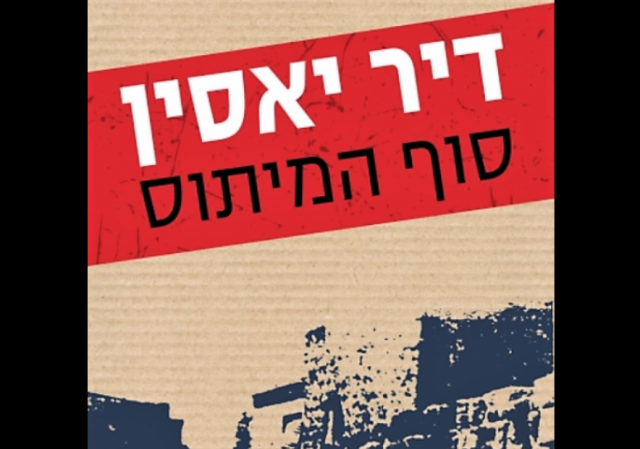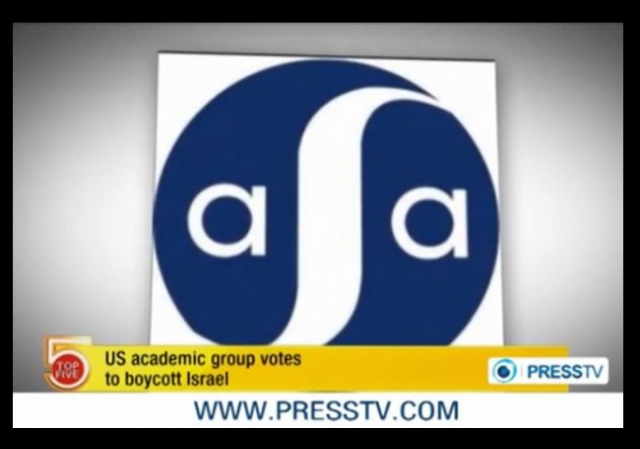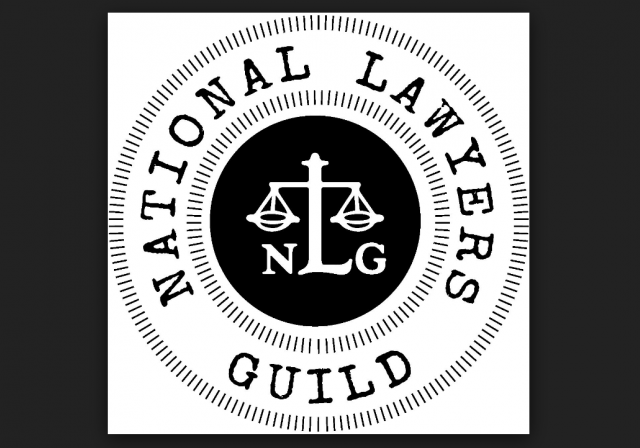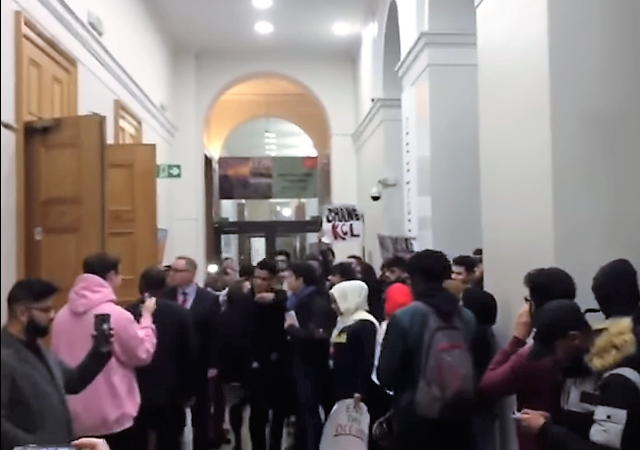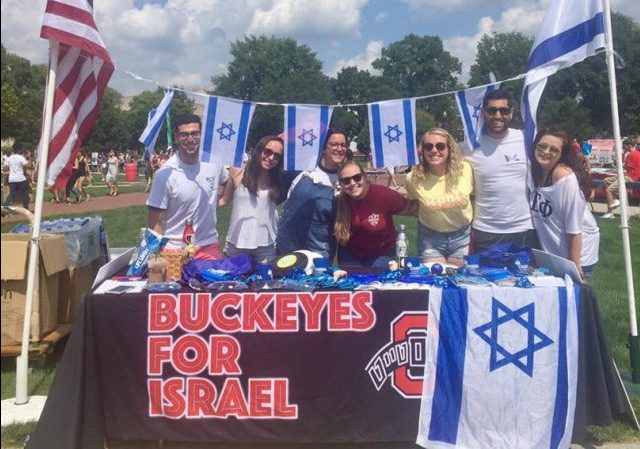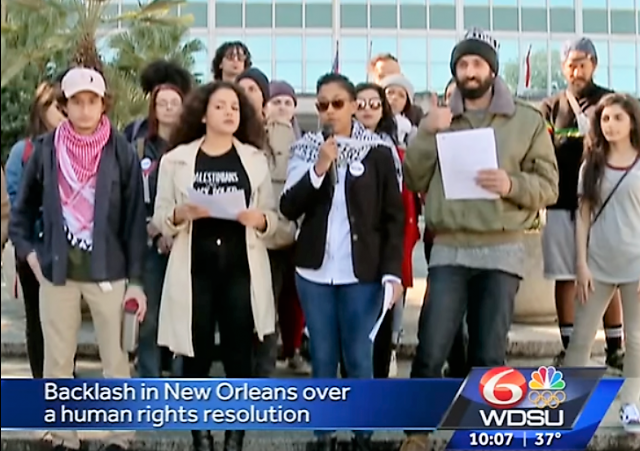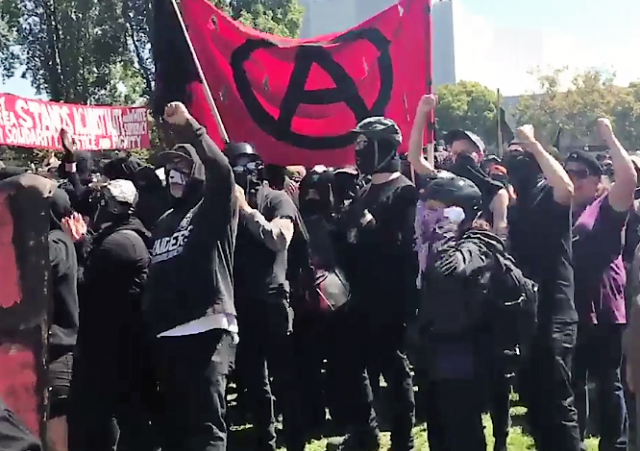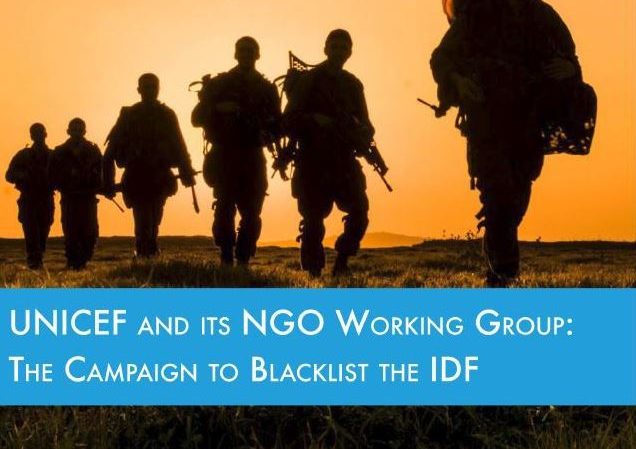Gender Studies Professor files complaint against male prof. over tame elevator joke
on May 07, 2018
54 Comments
You know, every day I am glad I converted politically and am no longer a leftist feminist shill, mainly because I cannot believe how intolerant and insensitive they've become.
The latest controversy comes from a leftist feminist professor, who also supports the BDS movement against Israel, because a man had the nerve to joke about wanting to go to the women's lingerie department.

